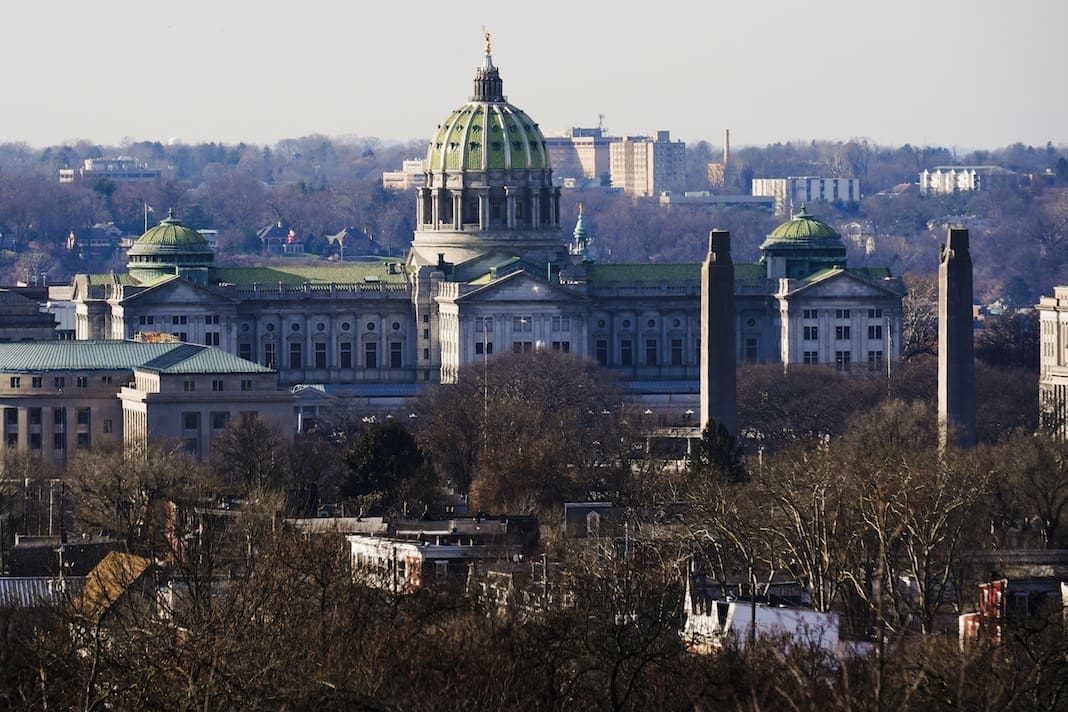Biden sends Pennsylvania help to protect families under threat from environmental hazards
Pennsylvania has more abandoned mine lands than any other state in the nation.

The Department of the Interior announced on April 3 that it has sent Pennsylvania more than $244 million to assist the state in protecting residents from the environmental hazards posed by abandoned mine lands. Funding for the grant comes from the Infrastructure Investment and Jobs Act of 2022 that President Joe Biden signed into law.
These areas all throughout Pennsylvania were once used as excavation sites for the coal industry. According to the Pennsylvania Department of Environmental Protection, more than 250,000 acres of mine land in the state were left abandoned following roughly 200 years of coal mining. These sites were not restored after the mining companies pulled out, leaving pollutants in place and unstable land that can experience sinkholes.
Interior Secretary Deb Haaland and Lt. Gov. Austin Davis toured a construction site in Bovard on the day of the announcement.
“Legacy pollution continues to impact far too many communities across the nation. Through President Biden’s Investing in America agenda, we are making once-in-a-generation investments to clean up environmental hazards that have harmed coal communities for far too long,” Haaland said in the department’s statement.
Pennsylvania has the largest number of abandoned mine sites in the nation and in the 2022 fiscal year received over $244 million from the infrastructure law to address the problem. The Department of the Interior announced that grants to address abandoned mine lands were also awarded to 16 other states.
In an Instagram post, Haaland emphasized that the Bovard project, like many financed by the infrastructure law, is creating construction jobs often held by members of labor unions.
Howard Concrete Pumping, located in Canonsburg, won the state contract for the project in Bovard. The company is stabilizing homes in the region by injecting a form of grout into voids in abandoned mines underneath them to prevent subsidence.
Frank Howard, the owner of the company, told TribLive that 10 union tradesmen will be involved in the project at its peak, and that 25% of the company’s workforce is enrolled in a union mentorship program.
The infrastructure law was designed to encourage the use of labor unions on federally financed projects and has prioritized the needs of historically underserved communities affected by environmental hazards and climate change.
The law received bipartisan support in Congress but was opposed by all but one Republican member of Pennsylvania’s congressional delegation, Rep. Brian Fitzpatrick. All of the Democratic members of the delegation voted for the law.According to the White House, more than $8 billion in funding from the law for projects in Pennsylvania has been announced.




